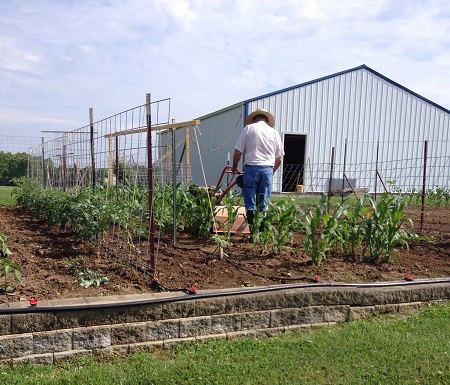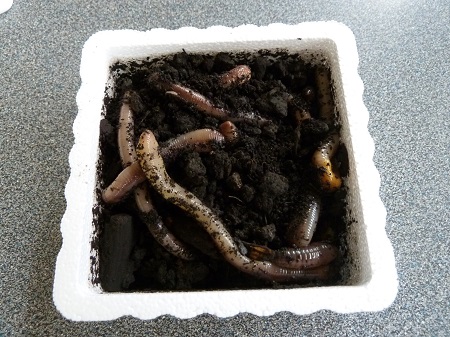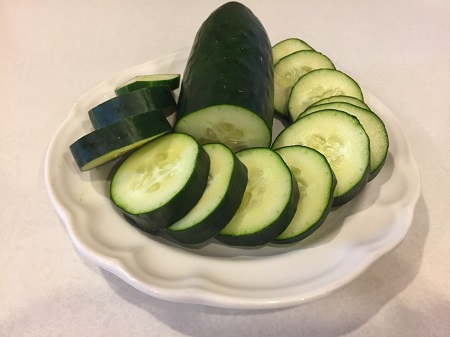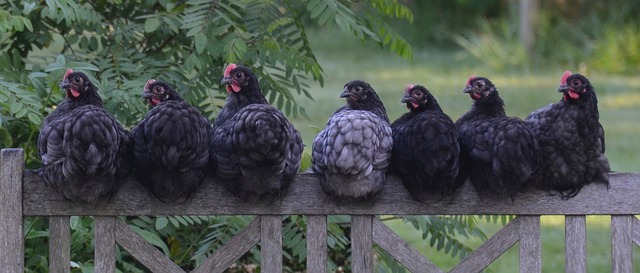In the Short Rows
 After a long hard day, most of us look forward to work in the short rows.
After a long hard day, most of us look forward to work in the short rows.
In the short rows means we are almost finished.
We have a certain amount of work to do, and the end is in sight.
How well I remember hoeing weeds out of our garden as a child. We had long hard rows to hoe – much work to complete. A few rows on the edge of the garden were shorter than most. Those were our favorites.
We usually look forward to reaching the short rows.
For many people Thursday and Friday are in the short rows of their work week. They look forward to those last two days before the weekend.
Other short rows include:
- Authors writing the last pages of a book
- Long distance drivers nearing the end of their journey
- Children waiting for the last days of school
If we love what we do, we also enjoy our long rows.
Rest helps when we tire. Yet, every day becomes an adventure. We don’t believe the grass is greener on the other side. We find joy in our own garden spot of the world.
My cousin Iva loves to garden. Family and friends love when he shares his garden goodies. He sets a good example in both his work and his generosity.
Look for joy in every moment, whether in long or short rows.
“Whoever works his land will have plenty of bread, but he who follows worthless pursuits will have plenty of poverty” (Proverbs 28:19 ESV).
Thanks to Emily Akin for the suggestion and to Jewell Withers Wade for the photo.
Do you have an expression you want explained or a thought about this one? If so, please comment below.
Subscribe to receive my weekly posts by email and receive a free copy of “Words of Hope for Days that Hurt.”
If you enjoyed this post, please share it with your friends.
 A few years ago, my husband was in the hospital, not expected to live. The next day a doctor said he was much better but not out of the woods yet. He meant my husband still had to fight for his life.
A few years ago, my husband was in the hospital, not expected to live. The next day a doctor said he was much better but not out of the woods yet. He meant my husband still had to fight for his life. Like Kaleb’s puppy, too many times, I have cleaned with a lick and a promise. What about you?
Like Kaleb’s puppy, too many times, I have cleaned with a lick and a promise. What about you? Sometimes we have to give a lick and a promise.
Sometimes we have to give a lick and a promise. When we open a can of worms, we find a tangled mess.
When we open a can of worms, we find a tangled mess. Years ago, Ernest Tubb and Red Foley sang “
Years ago, Ernest Tubb and Red Foley sang “ Some people stay cool as a cucumber.
Some people stay cool as a cucumber. My friend Phyllis recently had an ox in the ditch. She and her husband dressed for church. Then they noticed a cow having trouble birthing its calf. Their cow needed help. Putting
My friend Phyllis recently had an ox in the ditch. She and her husband dressed for church. Then they noticed a cow having trouble birthing its calf. Their cow needed help. Putting  Chickens come home to roost.
Chickens come home to roost. Anyone or anything pretty as a picture is very pretty.
Anyone or anything pretty as a picture is very pretty.  Down to the wire means the last instant.
Down to the wire means the last instant.